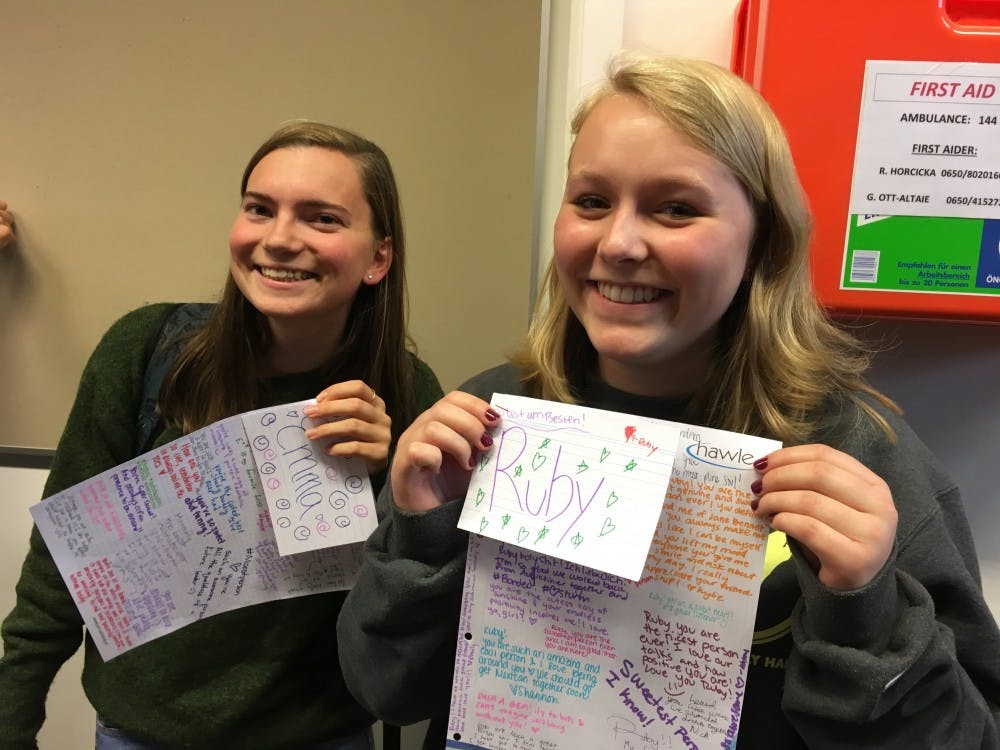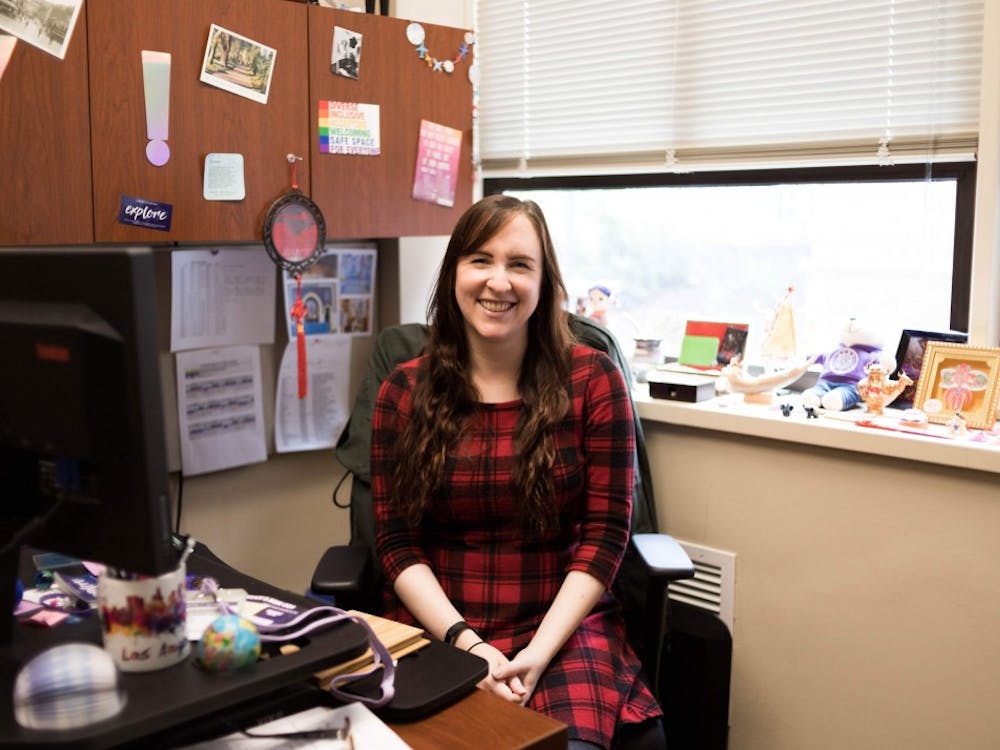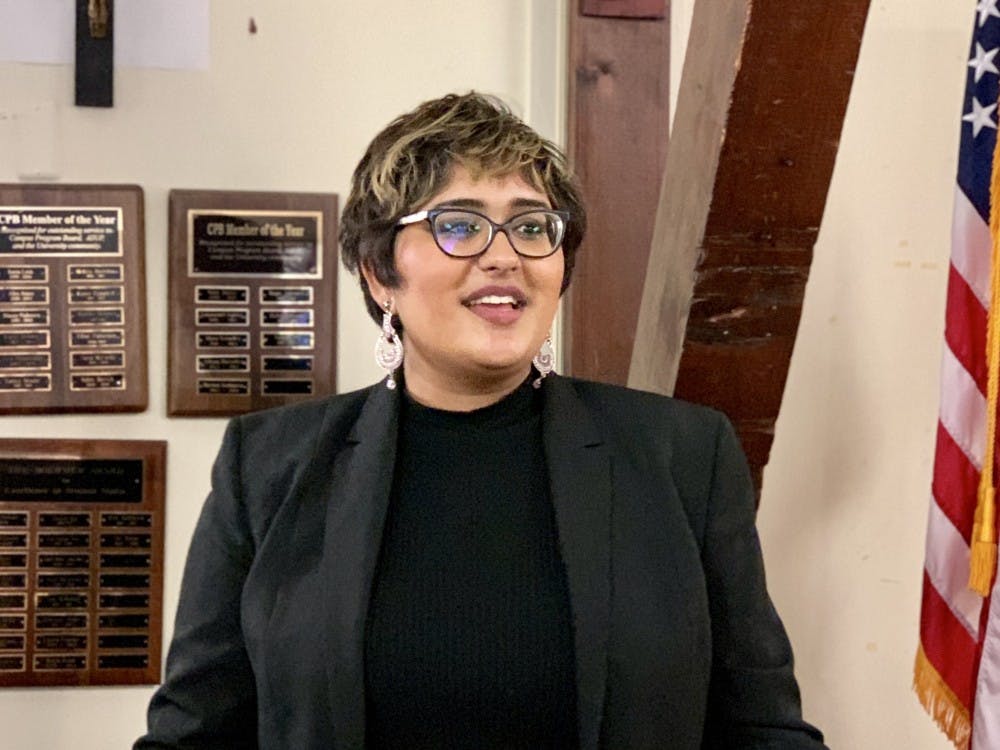In 2018, the year-long Salzburg Studies Abroad program started a new chapter of Active Minds with plans to expand to more programs to help the mental health of students abroad.
Active Minds is a national, non-profit organization supporting mental health awareness since 2003. At the University of Portland, Active Minds works to increase awareness of mental health issues affecting college students while promoting a healthy environment without stigma.
The purpose of Active Minds abroad was to build a community where people could have a place to talk about issues like stressful shifts into new environments and routines that cause homesickness, isolation and culture shock.
This year's new leaders of the Salzburg chapter are sophomore Greta Burton and sophomore Isaiah Saluta.
UP Studies Abroad Director in Salzburg René Horcicka came up with the idea to start the chapter abroad. After being inspired by the article “What students want you to know about Mental Health,” Horcicka contacted Active Minds adviser Sarina Saturn.
After reading the article, Horcicka realized that mental health awareness was pivotal for educating UP students in an intercultural setting. With the collective help of Saturn, Eduardo Contreras, former Studies Abroad director, and Rachel Mehlman, president of Active Minds, the Salzburg chapter began.
“In addition to wanting them to build community with their peers there, we also wanted them to feel like they were still remembered in Portland,” Saturn said. “And so I think that's what we're also going to try to keep up with, we're hoping we can branch out and reach all the students before they go abroad, no matter where they're going. So that they know that we're all still here for them.”
The Studies Abroad program hopes to create other chapters in more programs. According to Kallan Picha, Studies Abroad director, Australia and Granada programs are being considered as possible places where Active Minds could thrive.
The first step in creating Active Minds abroad is identifying students who are interested in filling leadership positions and then, with the help of the UP Active Minds club, preparing the students for the role.
“The biggest thing to implement a new chapter would be to get student support,” Picha said. “We would need to have some leaders who are willing to organize different events in various locations every year and to make sure that there's a handoff so that it's not getting dropped from one year to the next.”
Before heading to Salzburg last year, UP students Kylie Koney, Gabriella Petrossi-Baughman and Joslin Torres stepped up as co-presidents of the first Active Minds abroad.

Members of Active Minds in Salzburg enjoy a hike while abroad. Photo courtesy of Kylie Koney.
“With studying abroad, you’re taken out of your normal environment, you don't have all the support systems that you usually would have when you’re on campus,” said Koney, a senior biology and psychology major. “Active Minds meetings were based off what we felt the community wanted.”
Before Salzburg, Koney was already a member of the Active Minds club on campus.
“I was excited because I was already a part of the club so I thought it would be a great way to inspire that community,” Koney said.
For Petrossi-Baughman, a junior political science and German studies major, she was interested in becoming an Active Minds leader because she is passionate about mental health and believes this leadership role would make her experience abroad more immersive.
“One of my goals of studying abroad was really immersing myself in the community, so I felt like I could do that by helping us lead the group,” Petrossi-Baughman said.
But Active Minds abroad is not a replica of Active Minds at UP. There aren’t specific roles like treasurer or secretary.
“The constitution and the layout of clubs on campus kind of demands a more strict, uniform hierarchy, but over there (Salzburg), we were all leaders,” Koney said.
All meetings abroad were optional but everyone was encouraged to participate. They held weekly meetings to discuss topics relevant to students studying abroad.
Ideas for meetings came from a poll based on what students were interested in during their stay abroad. These meetings ranged from discussing homesickness to writing compliment cards to going on a reflection hike after visiting Mauthausen, a nearby concentration camp.
“I think the compliment cards was a big one that everyone really enjoyed,” Petrossi-Baughman said. “People will write on your cards with super nice things and we would hand them out during midterms week. Everyone would feel a little better and get a little boost,” Koney said.
Going abroad can be one of the most enriching and unforgettable experiences that students have while in college. However, students abroad still face mental health challenges.
“I don't think people realize how much your mental health is impacted when you're studying abroad,” Koney said. “It's supposed to be the most fun thing you'll ever do. But then there's the other side of it, where people are struggling a lot. And people don't want to hear about that when they ask you how your study abroad experience was.”
Tessa Rodgers is a reporter for The Beacon. She can be reached at rodgerst21@up.edu.








